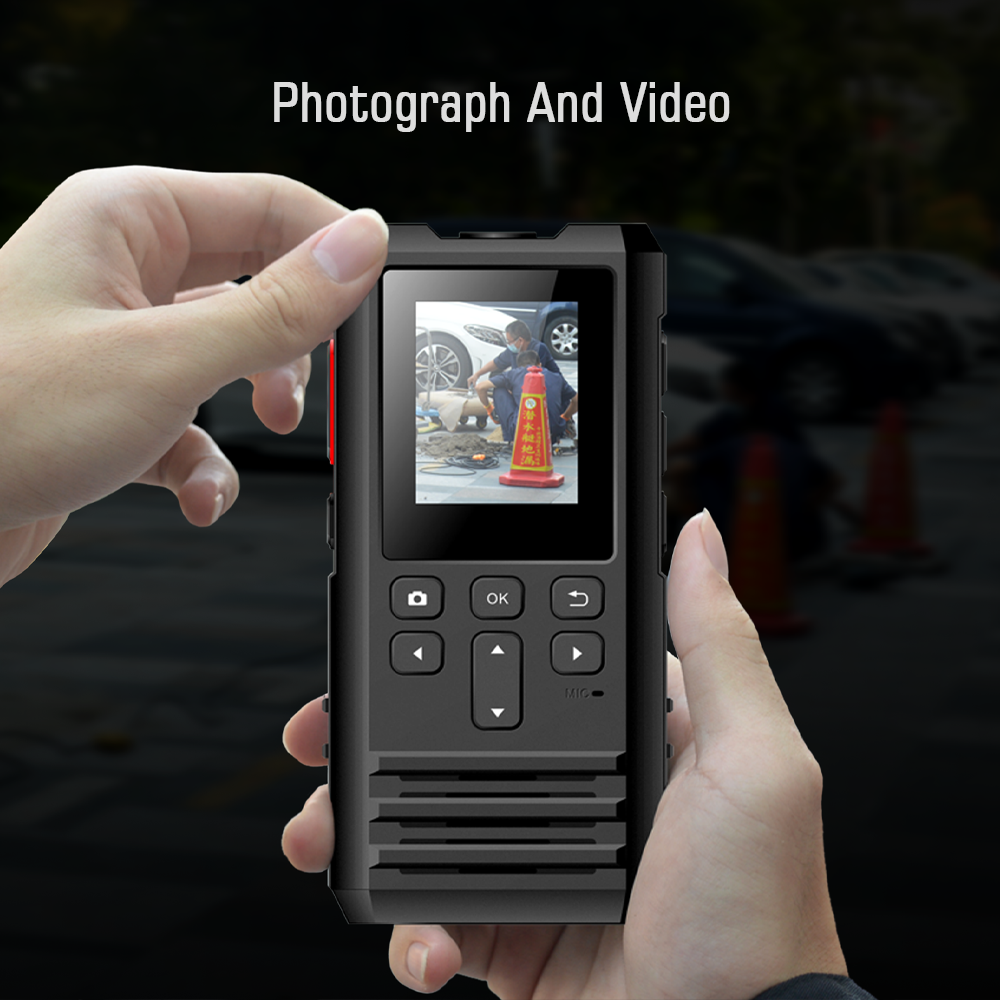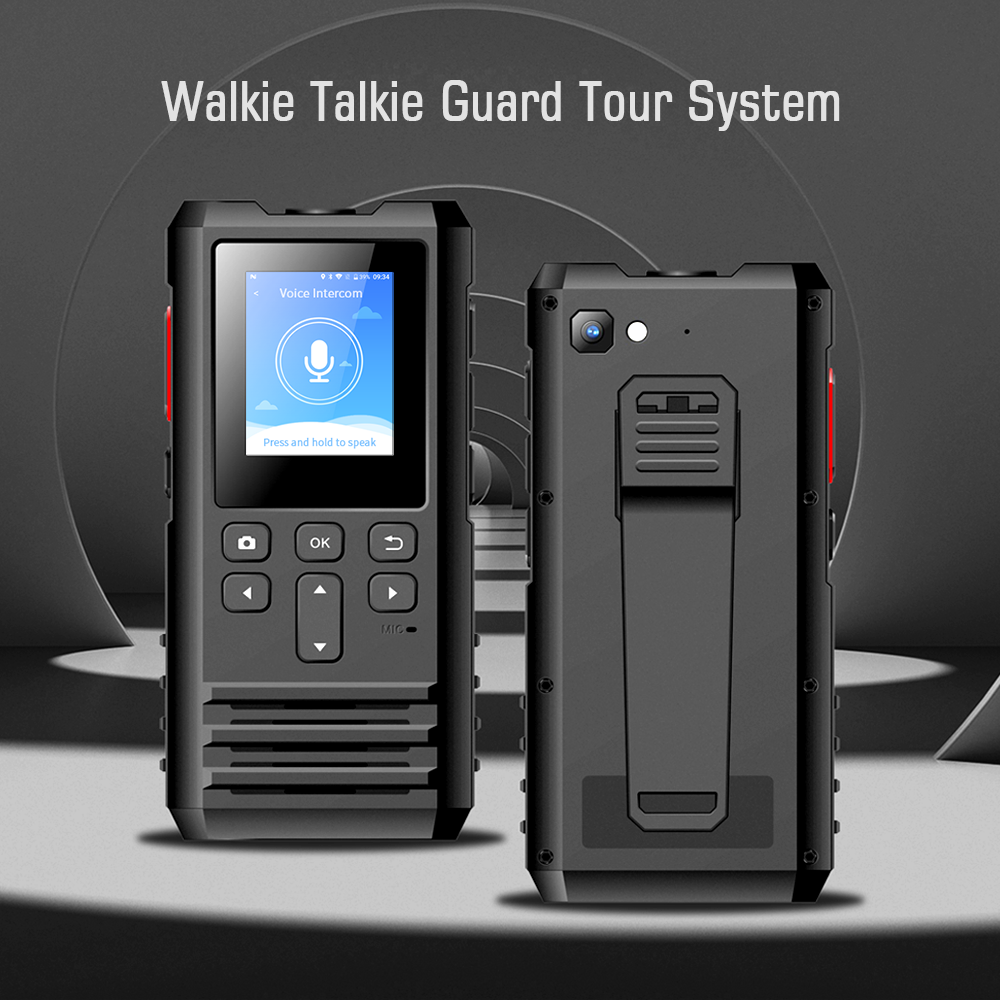

The hardware components of guard patrol systems play a vital role in ensuring the accuracy of data collected during patrols. RFID readers, GPS trackers, and NFC scanners are designed to capture precise location and timestamp data at each checkpoint. These tools ensure that every interaction between a guard and a checkpoint is accurately recorded.
RFID tags or NFC checkpoints are strategically placed along patrol routes. When guards scan these checkpoints using handheld devices, the system records the exact time and location of the scan. This data is instantly transmitted to a central monitoring platform, reducing the risk of manual entry errors or lost records. Another vital hardware feature is the integration of GPS technology. GPS-enabled patrol systems provide real-time location tracking, allowing managers to monitor patrol officers’ movements throughout their shifts.
Real-time data transmission is one of the most essential features of modern guard patrol systems. The system eliminates potential errors associated with delayed reporting or manual data entry by instantly sending data from patrol devices to a centralized platform. Real-time synchronization ensures that all records are updated instantly, providing security managers with accurate insights. Cloud-based platforms play an essential role in this process. With cloud integration, the system securely stores patrol data and makes it accessible from anywhere, ensuring no tampering or loss occurs. Real-time updates also provide immediate alerts for missed checkpoints, route deviations, or emergencies. This responsiveness is essential to maintaining high standards of security.

Patrol systems ensure data accuracy through automatic verification mechanisms that verify the integrity of the information collected. Built into the hardware and software components of the system, these mechanisms minimize human errors and ensure accurate recording of all patrol activities.
Some systems use timestamp verification to cross-check when a guard scans a checkpoint. If the scan occurs outside the expected time frame or sequence, the system will flag it as an anomaly and prompt further investigation. Similarly, systems equipped with geo-fencing technology can verify that a guard is within the designated patrol area when completing a checkpoint scan. Any deviation from the predefined route will trigger an alert, ensuring only valid data is recorded. Automatic verification also extends to incident reporting, and when guards use the system to record an incident, a predefined workflow ensures that all required information is captured.
AI and ML have revolutionized the way guard patrol systems ensure data accuracy. By analyzing patterns in patrol data, these technologies can identify anomalies and provide predictive insights, thereby improving the system's overall reliability.
For example, AI systems can detect abnormal patterns in patrol behavior, such as repeated delays at specific checkpoints or deviations from designated routes. The system flags these anomalies for review, allowing managers to address potential issues before they escalate. Machine learning algorithms can also identify trends in patrol data over time, improving efficiency and accuracy.
Routine maintenance and software updates are essential to ensure that patrol systems remain accurate and reliable over the long term. Like any other technology, these systems require regular inspections and upgrades to perform optimally. Hardware maintenance involves checking equipment for wear and tear, replacing damaged parts, and fully charging the batteries. Regularly calibrating RFID readers, GPS trackers, and other sensors ensure they continue to provide accurate data.
On the software side, updates are essential to address potential bugs, enhance security, and incorporate new features. Many modern systems offer over-the-air updates, allowing businesses to seamlessly upgrade their software without disrupting operations.

Guard patrol systems are invaluable for businesses and organizations looking to enhance their security operations. By integrating advanced hardware, real-time data transmission, artificial intelligence analysis, and rigorous validation mechanisms, these systems ensure the accuracy of data collected during patrols. With proper training, maintenance, and regular audits, businesses can maximize the reliability of their patrol systems and gain valuable insights into security operations.